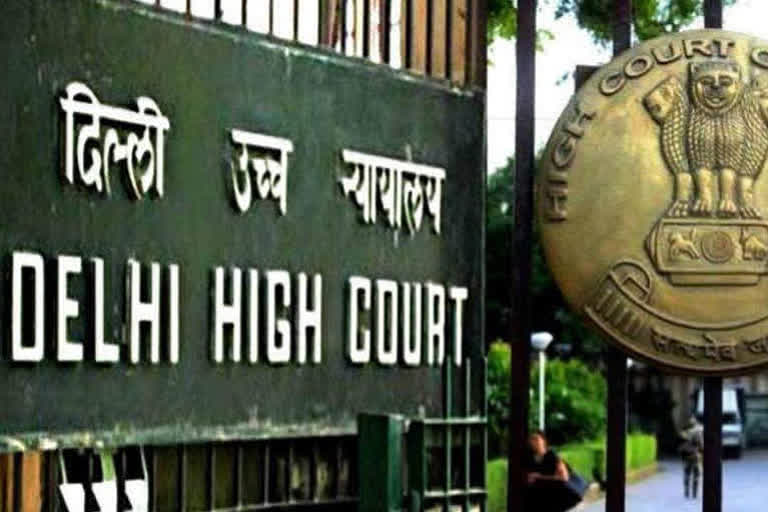New Delhi: The Delhi High Court Monday sought the Centre's response on a plea seeking a 60-day extension for receiving public comments on the translated versions of the draft Environment Impact Assessment (EIA) notification of 2020 after they are uploaded on the websites of the respective State Pollution Control Boards (SPCBs).
A bench of Chief Justice D N Patel and Justice Prateek Jalan issued notice to the Environment Ministry on the application which seeks modification to the court's June 30 judgement that extended till August 11 the date for giving comments or objections to the draft EIA.
Also read: Family found murdered inside house in Agra
The judgement had also directed that the draft EIA is published in all the 22 languages in the Eighth Schedule of the Constitution within 10 days.
The application, by environmental conservationist Vikrant Tongad, has contended that the draft EIA was translated into a few vernacular languages after the August 11 deadline expired, but has not been uploaded on the websites of the respective SPCBs.
Senior advocate Gopal Sankaranarayanan, appearing for Tongad, told the court that the ministry had gone in appeal to the Supreme Court where the government said it will file a plea for review of the June 30 judgement. However, it was yet to do the same, he added.
The application has sought modification of the June 30 decision to the extent that the government be directed to "extend the time for public comments on the draft EIA notification 2020 by a period of 60 days from the date of uploading the translated versions of the draft notification in all the languages mentioned in Schedule VIII in the websites of the respective SPCBs".
The application, filed through advocates Srishti Agnihotri and Abishek Jebaraj has also claimed that the ministry has also failed to upload the draft EIA in the English and Hindi language on the websites of the state environment departments and pollution control boards.
"Thus, the respondent (ministry) has not taken even the bare minimum steps to give wide publicity to the contents of the draft notification," it has said.
It has also said that according to the response received under the Right to Information Act the draft has only been translated in three languages as on July 30, 2020, namely Marathi, Oriya and Nepali.
"Independently, the petitioner (Tongad) has learnt that translations have just recently been completed in Telugu, Bengali and Konkani as well," the claims of the application and added that the same have not been uploaded for public consumption.
It has further said, "The act of translation, after the expiry of the deadline for comments, becomes a mere formality, defeating the purpose of the judgment of June 30."
The draft EIA 2020, according to the plea, provides for post-facto approval of projects and does away with public consultation in some cases.
The high court on June 30 had said that looking at the far-reaching consequences of the public consultation process for which the draft notification has been published, "we are of the view that it would be in aid of effective dissemination of the proposed notification if arrangements are made for its translation into other languages as well, at least those mentioned in the Eighth Schedule to the Constitution".
"Such translations should also be published through the website of the Ministry of Environment, Forest and Climate Change, Government of India as well as on websites of environment ministries of all states as well as those of state pollution control boards, within 10 days from today," the court had said.
The judgement had come on Tongad's petition seeking an extension of the time to respond to the draft EIA 2020 till September or till the COVID-19 pandemic subsists.
The petition had claimed that the draft EIA 2020 completely supersedes and replaces the existing environmental norms.
"This draft notification proposes significant changes to the existing regime, including removing public consultation entirely in certain instances, reducing the time for public consultation from 45 days to 40 days, and allowing post facto approvals for projects," it had said.
(PTI report)



